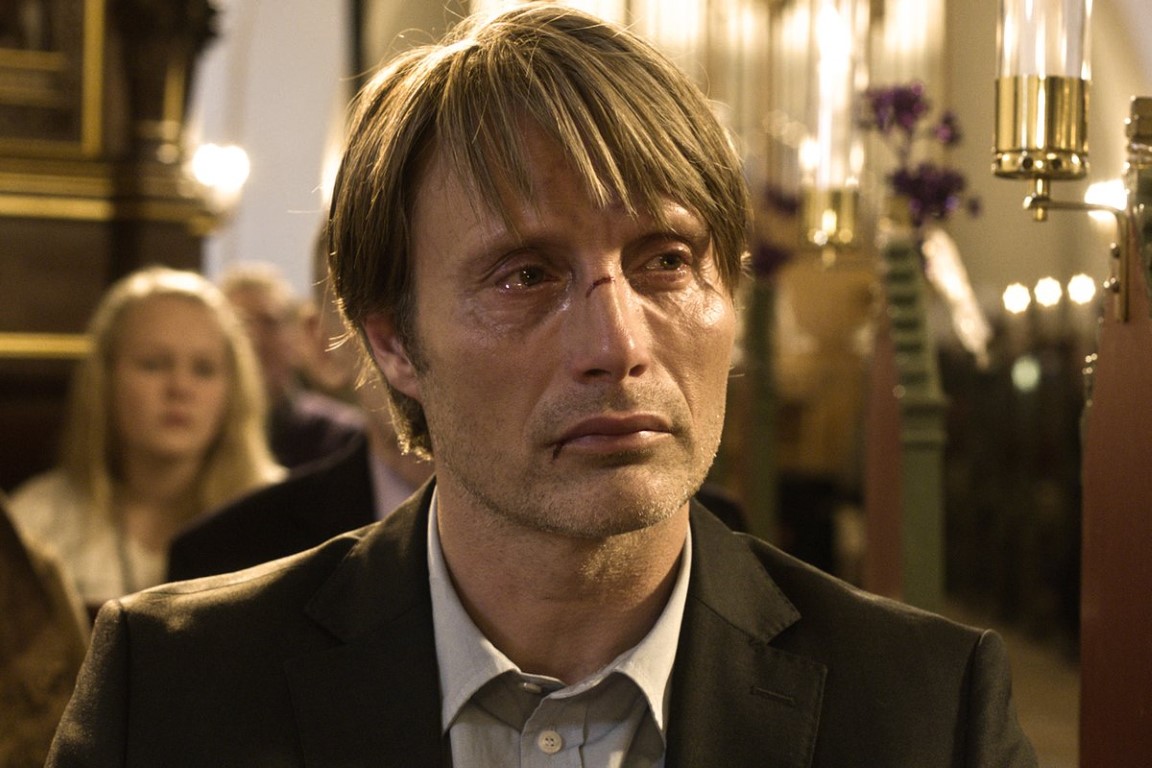
The legacy of a phenomenal novel and film franchise
By Caroline Ho, Arts Editor
Twenty years ago, we were introduced to the Boy Who Lived—the same boy who came to tremendously change the face of children’s literature.
June 26 marks the 20th anniversary of the publication of Harry Potter and the Philosopher’s Stone. Back in 1997, who could have guessed that this boarding-school-fantasy novel, written by a first-time novelist from the UK, was going to become one of the biggest franchises ever, and a core cultural staple?
The books have been translated into over 70 languages and have sold hundreds of millions of copies worldwide, as well as each of the last 4 books setting records as fastest-selling novels. The film series is just as huge, if not bigger—it’s the second highest-grossing film series of all time, and 7 out of 8 of the main movies are on the list of the 50 highest-grossing films ever.
Beyond the statistics, you’d be hard-pressed to find anyone this side of 30 who’s never read a single Harry Potter book or watched any of the movies, and even then, they’d probably be at least somewhat familiar with the story’s premise. Harry Potter has ingrained itself into our culture, completely changing the immediate connotations of witchcraft and wizardry, introducing new sports and new vocabulary, and broadening our appreciation for the emotional depth of children’s literature.
I’m sure I wasn’t the only kid who might have been a little disappointed not to receive an invitation to a magical academy the year I turned 11, but the lack of a letter didn’t stop countless fans around the world from being drawn inexorably into the world of Harry and his friends. Year after year, we dove back into the wizarding world and the adventures of our beloved protagonists. The series did not publish a new novel every single year; nonetheless, the books were released regularly enough that a generation of readers got to grow up with Harry, watching him age and mature (including through those angry, awkward teen years).
Even after the final volume, Harry Potter and the Deathly Hallows, was published in 2007, our journey with Harry wasn’t over—we still had the rest of the movies to eagerly anticipate. Nor did the release of the Deathly Hallows: Part 2 film in 2011 mark the end of the franchise: the website Pottermore was launched in 2012; new spinoff prequel films are still being released; Universal Orlando Resort has a Wizarding World of Harry Potter theme park; and in many other aspects, the fandom is still very much thriving.
The story of Harry Potter has come to a close, but the legacy of the series is far from finished. It’s already been 20 years, and at the same time, it’s only been 20 years. It seems inevitable that, even decades down the line, Harry Potter will still be recognized as a classic with an incredible cultural impact.
